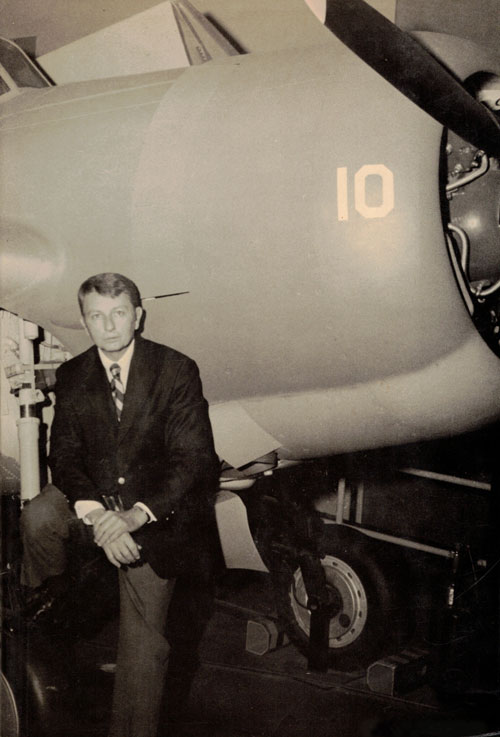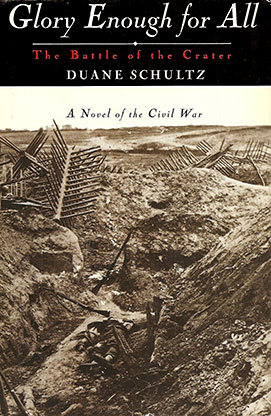“Schultz combines a historian’s meticulous research with a novelist’s hypnotic prose.”

I started writing war stories when I was eight years old, but nobody would publish them, so I became a psychologist instead. I’m not sure why I chose that field, but I have always been glad I did. During the early years when I was in graduate school earning my doctorate, I served six months on active duty with the US Army, spent a year working for a major defense contractor on missile systems, and another year (although it seemed longer) working for a high-level “think tank” located in the Pentagon in Washington DC.
Bored with jobs that were not challenging, I decided to go into college teaching, starting at Mary Washington College in Fredericksburg, Virginia, then the women’s branch of the University of Virginia. And I immediately started writing again—journal articles and books in psychology. This time they all got published right away, so I wrote more and more, and they got published too, including three major textbooks in the field, now all in their eleventh editions. By that time, I was a full professor at the University of North Carolina at Charlotte.
During a semester as a visiting professor at a university in The Netherlands, I discovered a simple, basic truth that has guided my life ever since. I still wanted to write war stories, just like I did when I was a kid. And so I wrote one, about the Sand Creek massacre of Cheyenne Indians in 1864. And guess what? Nobody would publish it!
I wrote another one, this time on the siege of Wake Island at the beginning of World War II, and I sent it out expecting great things. Well, 19 publishers turned it down, one at a time, each taking several months to respond in those primitive, pre-Internet days. Was I discouraged? You bet. But the 20th publisher, St. Martin’s Press, bought it, and I was off and rolling on a string of books about World War II, the Civil War, and the Indian wars, including that first one about Sand Creek, which was finally published 20 years later, but only after I completely rewrote it.
Since then I’ve written 18 more military history books; several became New York Times Books of the Year, and two were made into TV documentaries. I’ve also done 23 military history magazine articles and am currently doing the third revision of a Civil War novel I wrote many years ago. Of course, I plan to keep writing, whether my work is published in traditional printed book form or as e-books, or a blog, in whatever form people want to read them. Some of my as-yet unpublished magazine articles are included on this site so you can read them.
If you can’t get your story published, remember the basic rule of the game: keep writing and don’t ever delete anything you’ve written. You never know when you might be inspired to revise it, making it better and ready for publication. Good luck and let me hear from you with your comments and suggestions.

